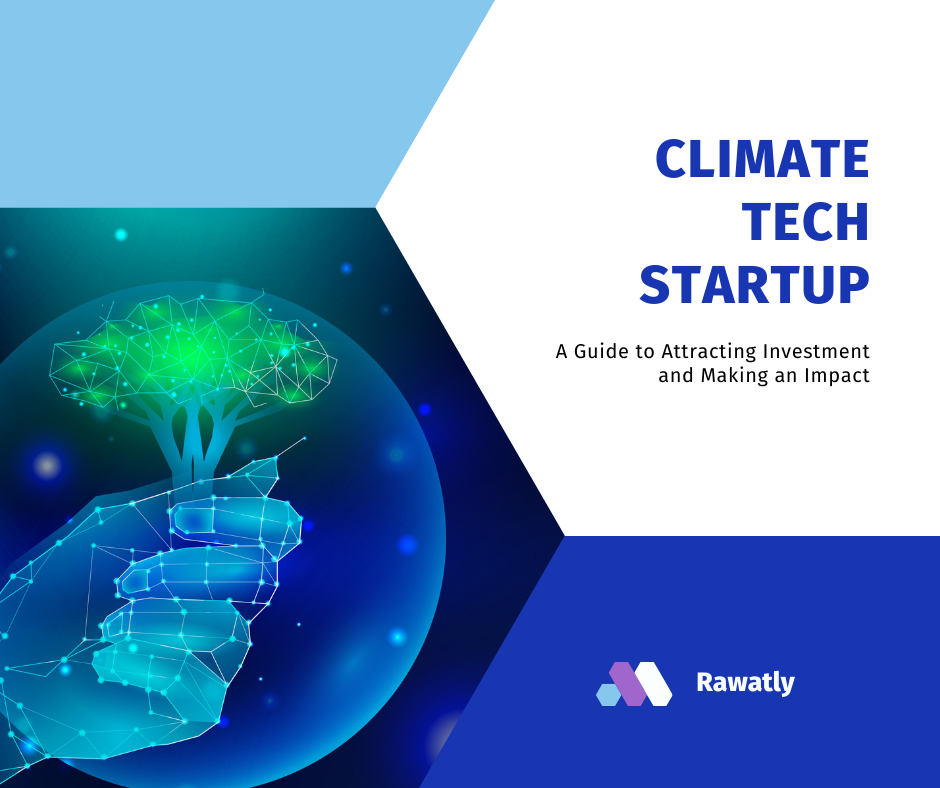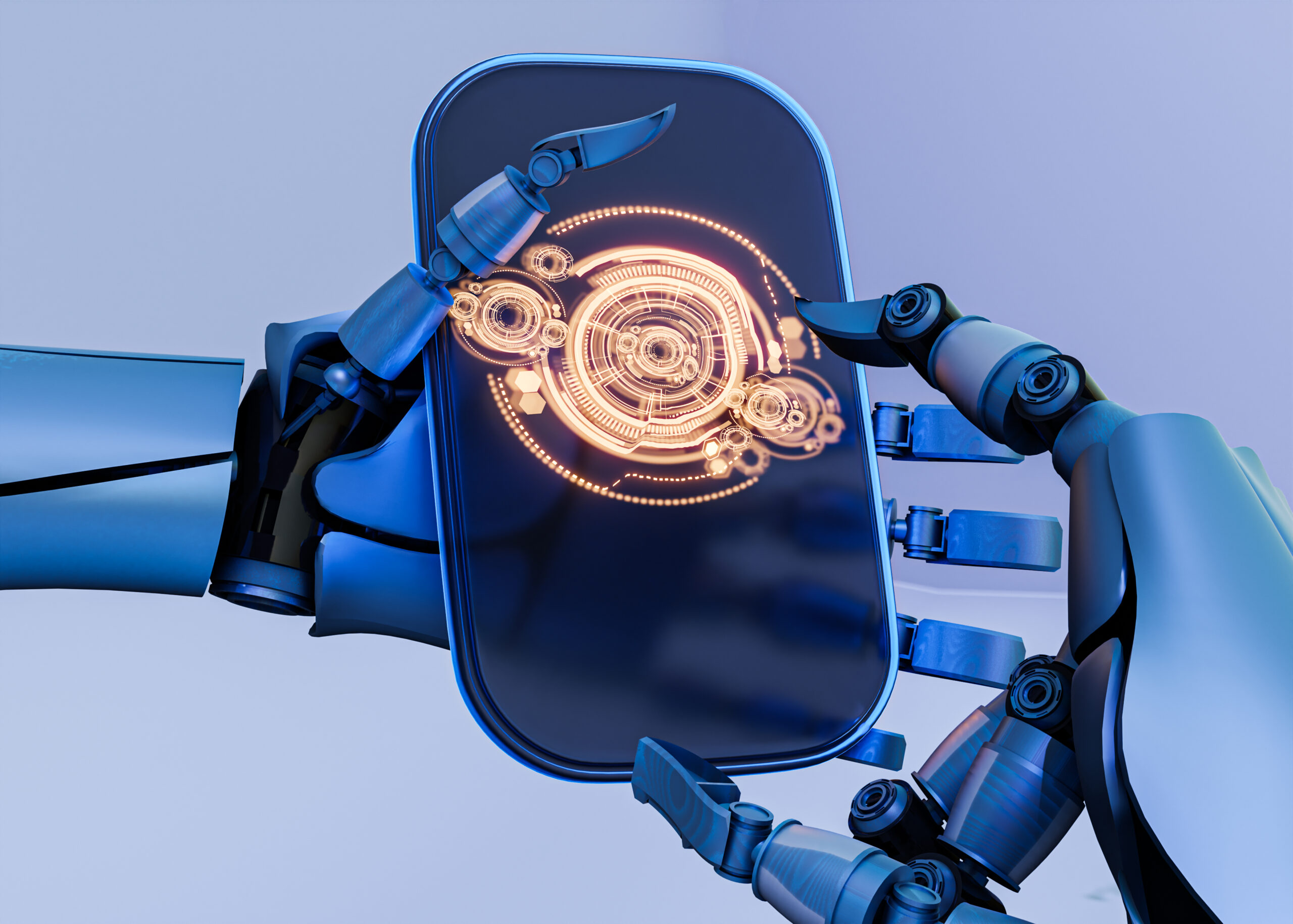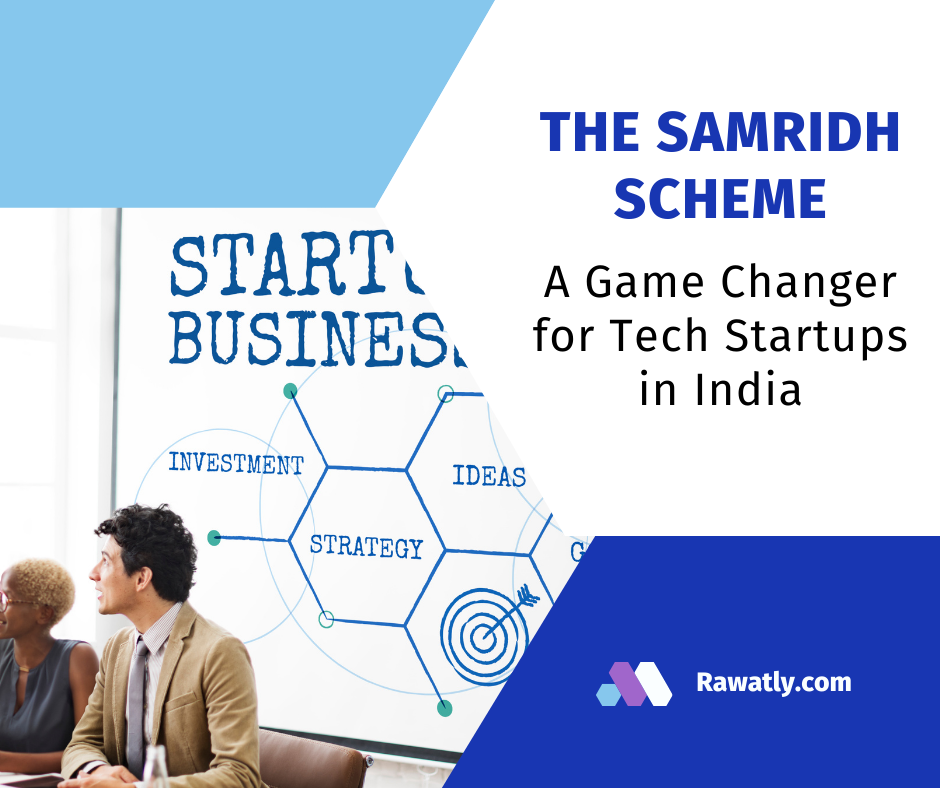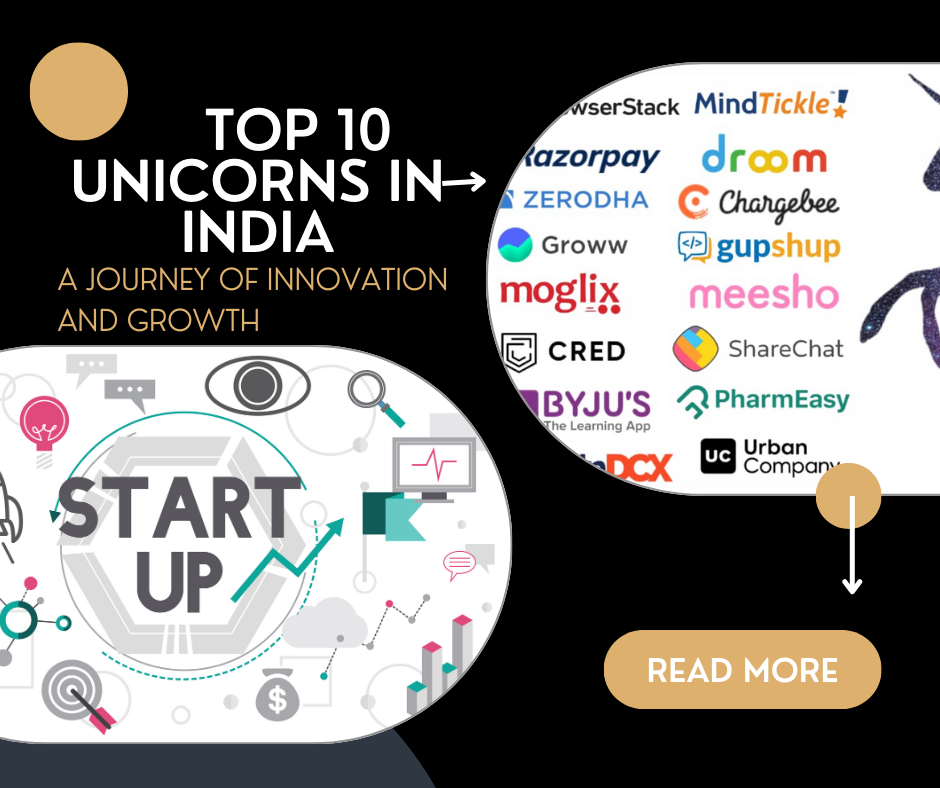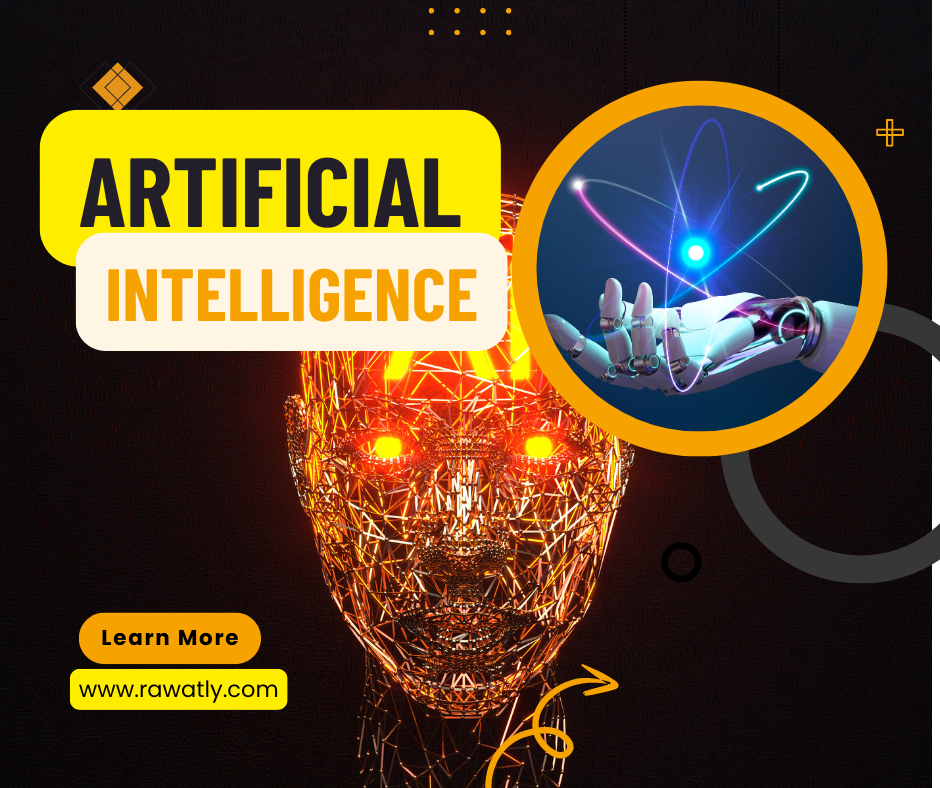
In the rapidly evolving landscape of the modern workplace, three technological forces are transformative: data analytics, artificial intelligence (AI), and quantum computing. Together, they are reshaping how we work, enhancing productivity, and redefining the skills required in the workforce. This blog explores the profound impact of these technologies and their implications for the future of work.
The Data-Driven Workplace
Data has become the lifeblood of organizations. With the advent of big data, businesses are now equipped to collect and analyze vast amounts of information from various sources, including customer interactions, market trends, and employee performance. This data-driven approach allows organizations to make informed decisions, optimize processes, and enhance customer experiences.
Decision Making and Predictive Analytics
One of the most significant advantages of data analytics is its ability to facilitate better decision-making. Predictive analytics, a branch of data science, uses historical data to forecast future trends. For instance, companies can analyze customer behavior to predict purchasing patterns, enabling them to tailor marketing strategies and inventory management accordingly.
Moreover, data analytics helps organizations identify inefficiencies within their operations. Businesses can streamline processes, reduce costs, and improve productivity by analyzing workflow data. This shift towards data-driven decision-making is empowering employees at all levels to contribute to strategic planning and operational improvements.

AI Technology: Enhancing Human Potential
Artificial intelligence is no longer a futuristic concept; it is here, transforming the workplace in remarkable ways. From automating mundane tasks to enhancing creative processes, AI is augmenting human capabilities rather than replacing them.
Automation of Routine Tasks
AI technologies, such as machine learning and natural language processing, are automating repetitive tasks that once consumed significant employee time. This includes everything from data entry to customer service inquiries. By offloading these routine activities to AI systems, employees can focus on higher-value tasks that require creativity, critical thinking, and emotional intelligence.
Personalized Learning and Development
AI also plays a pivotal role in personalized learning and development within organizations. Through adaptive learning platforms, employees can receive customized training based on their skills, learning pace, and career aspirations. This tailored approach not only enhances employee engagement but also ensures that the workforce is equipped with the necessary skills to adapt to changing job demands.
Quantum Computing: A Paradigm Shift
While AI and data analytics are currently reshaping the workplace, quantum computing promises to revolutionize it in the long term. Quantum computers leverage the principles of quantum mechanics to process information at unprecedented speeds, making them capable of solving complex problems that are beyond the reach of classical computers.
Enhancing Data Processing Capabilities
The potential of quantum computing in data processing is immense. In industries such as finance, healthcare, and logistics, quantum algorithms can analyze vast datasets in real-time, uncovering insights and optimizing operations more efficiently than ever before. For example, in drug discovery, quantum computers can simulate molecular interactions at an atomic level, significantly accelerating the development of new medications.
Transforming Risk Management
Quantum computing also holds promise for enhancing risk management strategies. By processing complex risk models and scenarios faster and more accurately, organizations can make more informed decisions regarding investments, insurance, and compliance. This capability can lead to more robust risk mitigation strategies and improved financial outcomes.
Launching a Successful Climate Tech Startup: A Guide to Attracting Investment and Making an Impact
The Future Workforce: Skills for Tomorrow
As data, AI, and quantum computing continue to evolve, the skills required in the workforce will also change. The future workforce will need to adapt to a landscape where technology and human collaboration are paramount.
Emphasis on Soft Skills
While technical skills will remain essential, soft skills such as problem-solving, adaptability, and interpersonal communication will become increasingly valuable. These skills enable employees to work harmoniously with AI systems and leverage data insights effectively. Organizations will need to foster a culture that encourages continuous learning and skill development to remain competitive.
Ethical Considerations
The integration of AI and data technologies also raises ethical considerations. The future workforce must navigate challenges related to data privacy, algorithmic bias, and the ethical implications of AI decision-making. Training programs will need to include discussions on ethics and responsibility in technology use, ensuring that employees are equipped to make ethical decisions in their roles.
Conclusion
The convergence of data, AI technology, and quantum computing is reshaping the future of work in profound ways. As organizations leverage these technologies to enhance decision-making, automate tasks, and process data more efficiently, the nature of work will continue to evolve.
Employees will need to embrace lifelong learning and develop a blend of technical and soft skills to thrive in this new landscape. By fostering a culture of innovation and adaptability, organizations can position themselves and their workforce for success in an increasingly complex and technologically advanced world.
As we look to the future, it’s clear that the integration of these technologies will not only enhance productivity but also create a more dynamic and responsive workplace, ready to tackle the challenges and opportunities that lie ahead.







